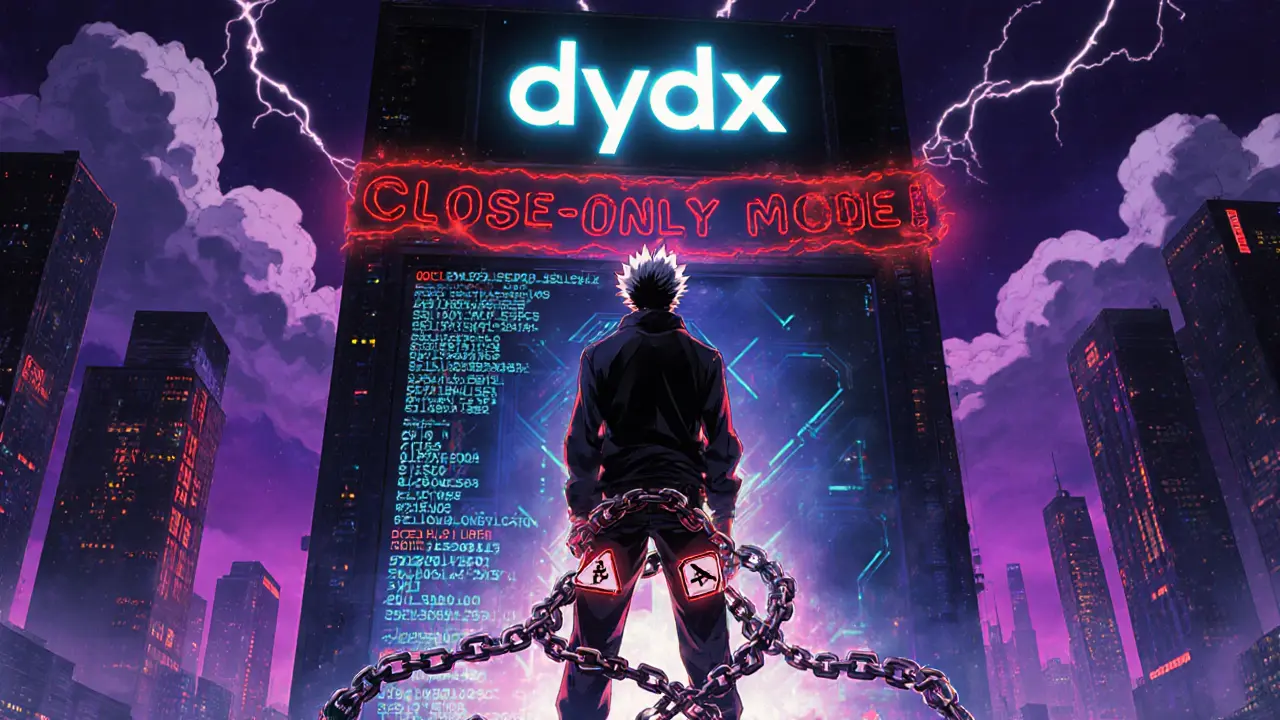

When you try to sign up for a crypto exchange and get blocked, it’s not a glitch—it’s crypto exchange geo-blocking, the practice of restricting access to cryptocurrency platforms based on a user’s physical location. This isn’t random. It’s a legal response to unclear regulations, licensing demands, or outright bans in certain countries. If you’re in Nigeria, Argentina, or even parts of the U.S., you’ve likely hit this wall. Some exchanges won’t let you create an account. Others let you log in but block deposits, withdrawals, or even trading pairs. It’s not about trust—it’s about jurisdiction.
Crypto exchange restrictions, rules enforced by platforms to comply with local laws vary wildly. In Nigeria, after the Central Bank’s 2021 ban and the ISA 2025 licensing push, only a handful of platforms are legally allowed to operate. In Argentina, where inflation eats savings, people use crypto anyway—but they often rely on P2P networks because big exchanges won’t serve them directly. Meanwhile, in the EU, MiCA compliance makes exchanges like ZBX and NovaDAX open to everyone, but only if they follow strict rules. The same exchange that lets you trade Bitcoin in Brazil might lock you out if you’re in India or Russia. This isn’t about technology—it’s about who controls the rules.
Why does this matter? Because regional crypto access, the ability to use crypto services based on where you live affects your security, fees, and even your freedom to invest. If you can’t use a trusted platform like Binance or Kraken, you’re forced into riskier options—P2P trades, unregulated apps, or worse, scams like Hello Global Exchange. And if you’re trying to claim an airdrop or use a DEX like Uniswap v4, geo-blocking can still stop you if the wallet interface or gas fees are tied to region-specific infrastructure.
It’s not just about access—it’s about survival. People in Argentina use stablecoins to protect their savings. Nigerians navigate licensing rules to stay compliant. And traders in places like Brazil rely on local exchanges like NovaDAX because global ones won’t serve them. Crypto licensing, the legal permission exchanges need to operate in a country is the invisible hand behind every blocked login screen. When a platform gets a license in one country, it often means pulling out of others to avoid legal conflict.
What you’ll find in these posts isn’t theory—it’s real-world proof. From Nigeria’s ISA 2025 rules to how Brazil’s NovaDAX became the top local choice, from scams targeting restricted users to how DeFi platforms bypass geo-blocks, this collection shows you what’s actually happening on the ground. No fluff. No guesses. Just what works, what doesn’t, and how to navigate the system when the system is designed to keep you out.

dYdX claims to be a decentralized crypto exchange, yet blocks users from over 20 countries including the U.S., UK, and Canada. This article breaks down how and why a platform marketed as trustless still enforces geo-restrictions through centralized control.